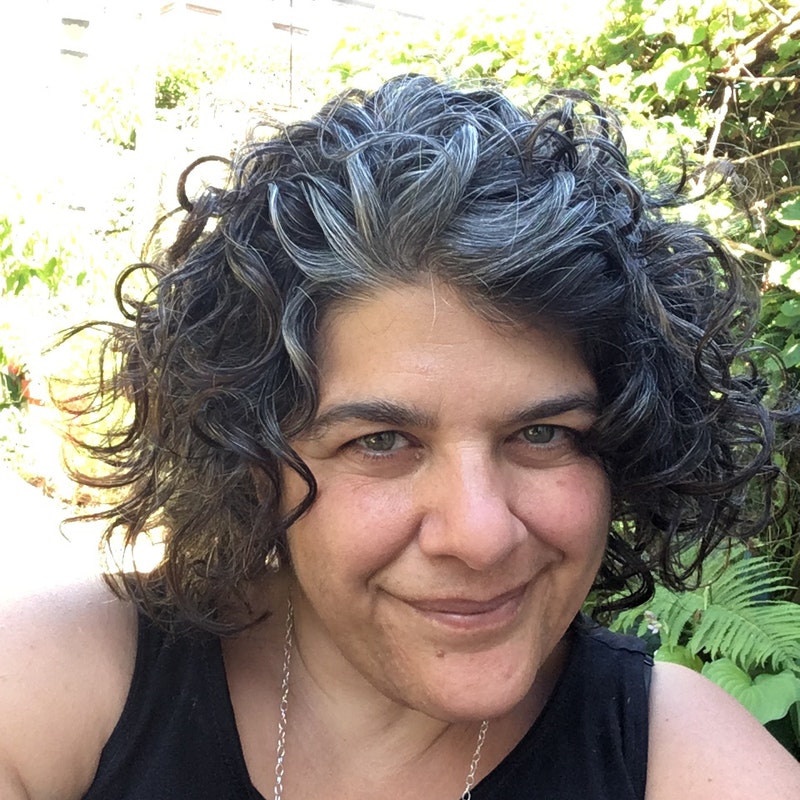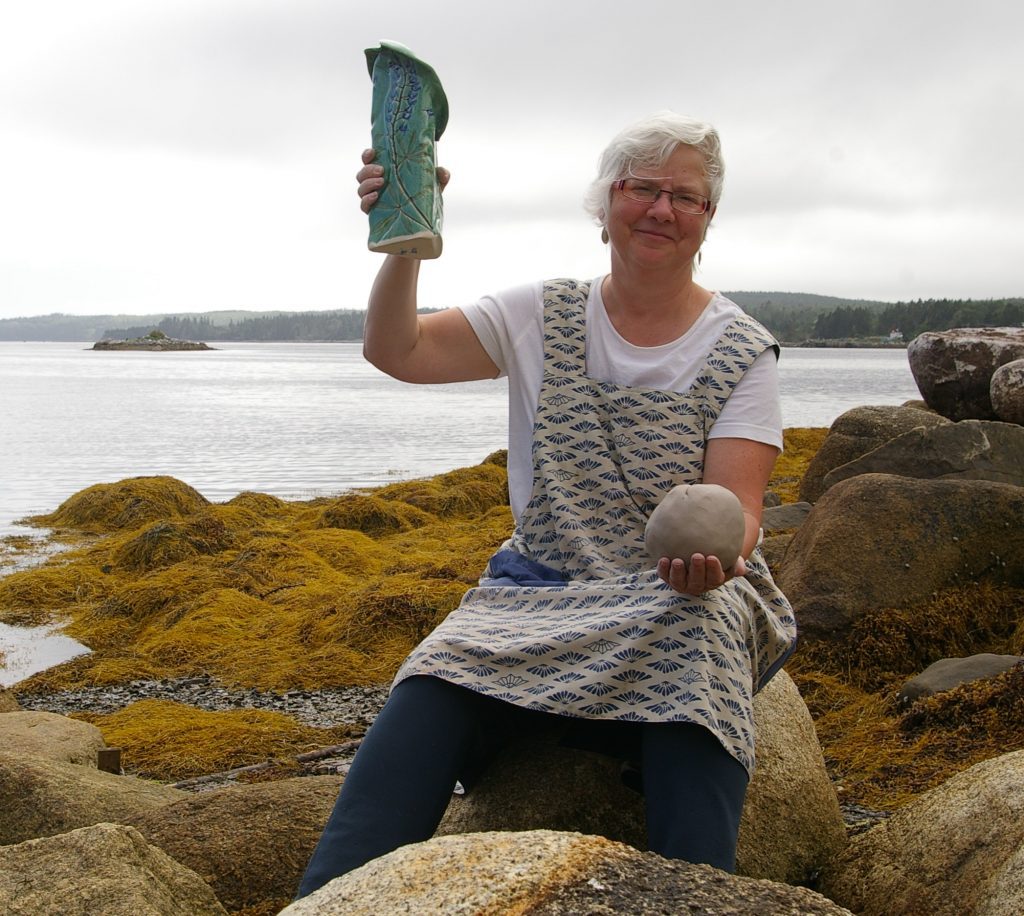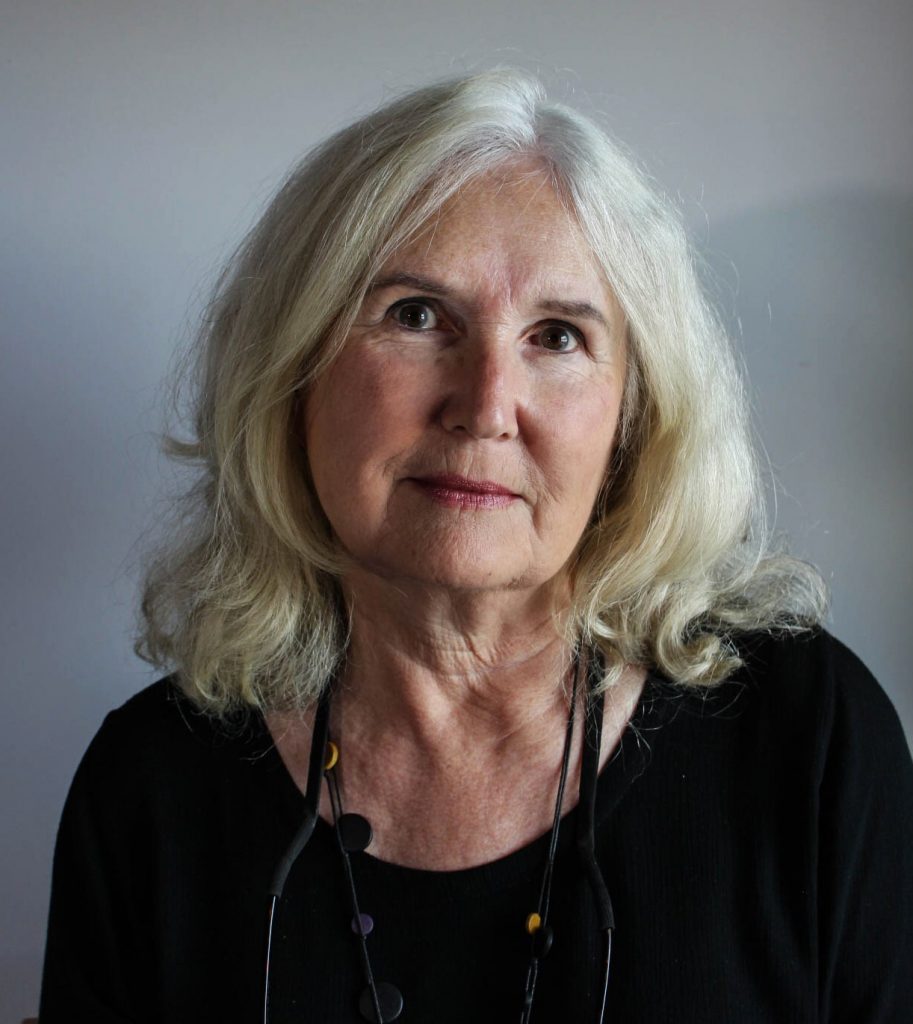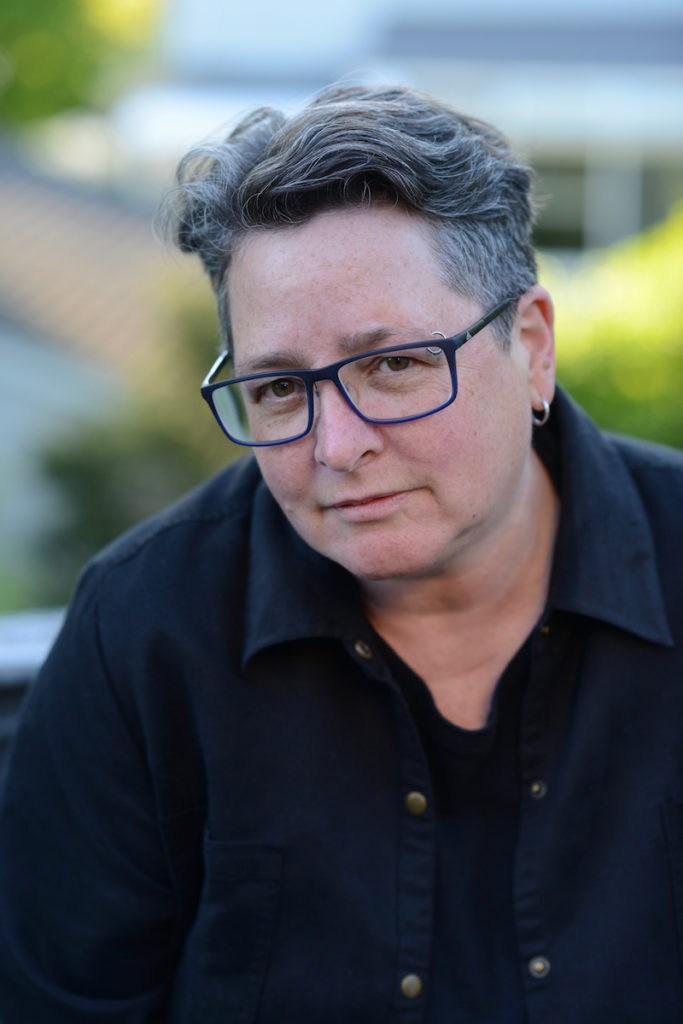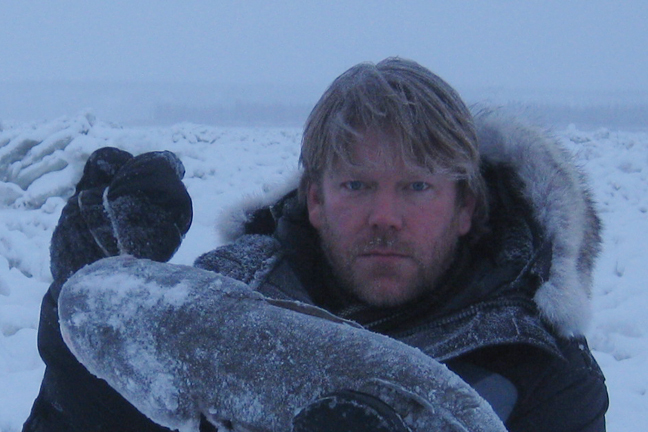Author spotlight: Julian Smith
Julian Smith is an award-winning speculative-fiction writer based in Yarmouth. His fiction has appeared in Asimov’s, Lightspeed, Terraform, and other venues. In 2016, his short story “Headshot” was included in The Best American Science Fiction and Fantasy (Mariner Books), edited by Karen Joy Fowler and John Joseph Adams. Smith will be offering a workshop, Tiny Universes: Writing and Publishing Science Fiction Short Stories, in Yarmouth on Saturday, March 2. In what follows, he talks about the first time he was paid for his writing, his advice for aspiring writers, and more.
How long have you been writing? What drew you to writing in general, and science fiction and fantasy in particular?
I’ve been making up stories since I was a kid, and have been playing at being a writer since early high school, but I got serious when I moved to Nova Scotia in 2010 and found myself unemployed in a small fishing village. That’s when I started actually finishing projects and submitting them for publication.
What do you think is changing in science fiction these days?
It feels like an exciting time for sci fi and fantasy, because the genres are finally starting to shake their reputation as a club for straight white dudes. Of course, there have always been diverse voices in fantasy and SF, but it feels like those voices are finally starting to get the attention they deserve. For example, women of colour are killing it right now—and getting the awards to prove it. Check out N.K. Jemisin, Nnedi Okorafor, and Sofia Samatar.
What was it like to have a short story included in Best American Science Fiction & Fantasy?
A dream come true. I still can’t quite believe that I was published in an anthology alongside so many of my heroes—Sofia Samatar, Kelly Link, Salman freakin’ Rushdie! It still doesn’t quite seem real, especially because I still feel no more confident or well-established than before. Writing each story is still a process of making it up as I go along.
What advice do you have for aspiring writers?
It will always feel like hard, exhausting work. I think one of the most damaging myths about writing, and creativity in general, is that it should flow naturally from your fingertips, a gush or pure inspiration. I like the following three quotes about writing and art-making:
“A writer is someone for whom writing is more difficult than it is for other people.”— Thomas Mann
“Inspiration does exist, but it has to find you working.”—Pablo Picasso
“I don’t like to write, but I love having written.”— Unknown
This may not seem like advice, but in a way it is. If you get tricked by the “outpouring of inspiration” nonsense, you’ll probably give up when it feels clumsy and awkward and hard. Remember—that’s what it’s supposed to feel like. Those feelings are what produce good writing.
What’s great about writing in your part of Nova Scotia?
Cheap property. You can own a huge, beautiful home and your mortgage payments will be less than the cost of renting the tiniest apartment in a big city. You can have a dedicated writing space and a library and a big yard. You can walk to deserted beaches and bike to your day job along old railway tracks.
What’s your guilty pleasure?
I grew up in England, and like many British nerds I cut my nerd teeth on Games Workshop’s tabletop war games, which I recently started collecting and playing again. There’s a board game called Blood Bowl that simulates an extremely violent version of football played by elves and orks and treemen and halflings. It’s incredibly silly and also it’s a blast.
Do you remember the first time you were paid for your writing? What was it like?
I have complicated feelings about this, and my answer might sound a bit crass. The first story I sold was to Daily Science Fiction, an online magazine that emails a story a day to subscribers. I was thrilled! And they paid pro rates! The idea that someone was saying “we want to pay you as a professional to do this” was incredibly affirming. But it was also depressing to calculate how many stories I would need to sell at that rate to make minimum wage. Here’s the math:
SFWA recently announced they’re increasing their definition of “pro rates” to $0.08 (USD) per word. Nova Scotia recently increased its minimum wage to $11.35 an hour. If an average story is 2,000 words, that means you would have to sell roughly 110 stories a year (at the current exchange rate) to make what you would make working a 40-hour-a-week minimum wage job—or a little over two stories every week! Even if you could write decent, publishable stories that fast, there probably aren’t enough pro paying markets out there to publish them all. There might have been a few writers who pulled this off back in the pulp days, but I think it would be impossible today.
So you might think I would say the money doesn’t matter—but that’s not how I feel at all! It’s easy for creative people to devalue creative work. It’s easy to let ourselves get taken advantage of, because most of us would be doing the work whether we were paid or not. It’s easy to pretend that talking about payment rates is gauche and beneath the dignity of an artist. I think that’s all damaging. Writers should be paid for their work. Even the pro rates for sci fi are not enough, but they’re not nothing. That first story I sold was a short one. I got $50 for it. But it made a difference. I got a huge confidence boost—and I got $50 (US!). Both were important.
Where do you like to write? Do you have a designated writing space, or do you like to move around?
My house in Yarmouth has a beautiful, furnished attic where I’ve set up an office. You can only reach it via a treacherous staircase with a very low railing. I love to write up there. But it’s incredibly hot in the winter and incredibly cold in the summer, so it’s only really useable for a few months a year. But also, the silence and stillness of home can feel oppressive sometimes, so I write a lot in a local café (a cliché, I know). I like having a certain amount of background hubbub. It helps me focus.
What are you working on right now?
A young adult novel called The Wildlands and a short story inspired by ghosts and Pokemon Go.
Author spotlight: Julian Smith Read More »




